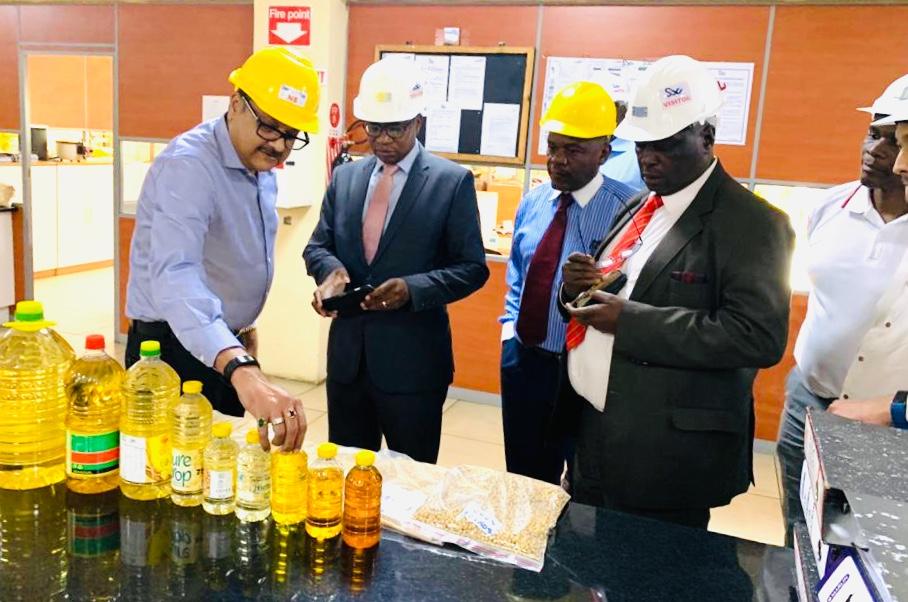Olivine completes margarine, tomato source plant construction
Olivine, a local unit of Wilmar International, has completed the construction of margarine and tomato source production lines at its Harare plant, an official has said.
The completion of the two lines is expected in the next two weeks. “The works are complete and we are now preparing for the commissioning,” said the official.
Olivine had to use its own resources after failing to access the US$8,5 million loan secured from the African Development Bank of Zimbabwe in 2020 to finance the project.
Wilmar, listed on the Singapore Stock Exchange, owns a 65 percent controlling equity in Olivine through its local subsidiary, Surface Wilmar Investments, which also owns 95 percent of the cooking oil producer in Chitungwiza.
The AfDB board had approved the loan to Olivine in 2020 to support its food production expansion.
But a combination of global Covid 19 pandemic and outstanding debts owed to foreign supplies by local companies delayed the disbursement of the funds, resulting in the company resorting using its resources.
After the introduction of the interbank rate and conversion of bank balances to Zimbabwean dollars in 2019, the Reserve Bank of Zimbabwe (RBZ) assumed the legacy foreign debts of some corporates.
The funds related to external obligations that could not be remitted between January 2016 and February 2019 due to foreign currency shortages. The debt was assumed on condition that the corporates would surrender their Zimdollar balances at 1:1.
The outstanding debt, also known as blocked funds has been blamed for preventing local businesses from accessing foreign credit because it heightened the country’s risk profile.
In 2007, the Government took over H.J. Heinz Co’s 49 percent stake in Olivine through The Cotton Company of Zimbabwe in a US$6,8 million deal facilitated by the Industrial Development Corporation of Zimbabwe. Then, relations between Olivine and the Government had strained on allegations that the firm had stopped producing cooking oil after being barred by the U.S government from buying produce from black farmers who had taken over land previously owned by white farmers.
Prior to the deal, the Government owned 49 percent in Olivine, in a partnership forged in 1982 and in terms of which the US food company had a contract to manage the business.
In 2013, AICO, then listed on the Zimbabwe Stock Exchange embarked on an unbundling exercise, which involved the disposal of Seed Co, another listed entity were it held 49 percent and Olivine, to raise money to pay off debts.
Meanwhile Sylvester Mangani, the CEO of Surface has joined Tongaat Hullets as chief operating officer.-ebusinessweekly









